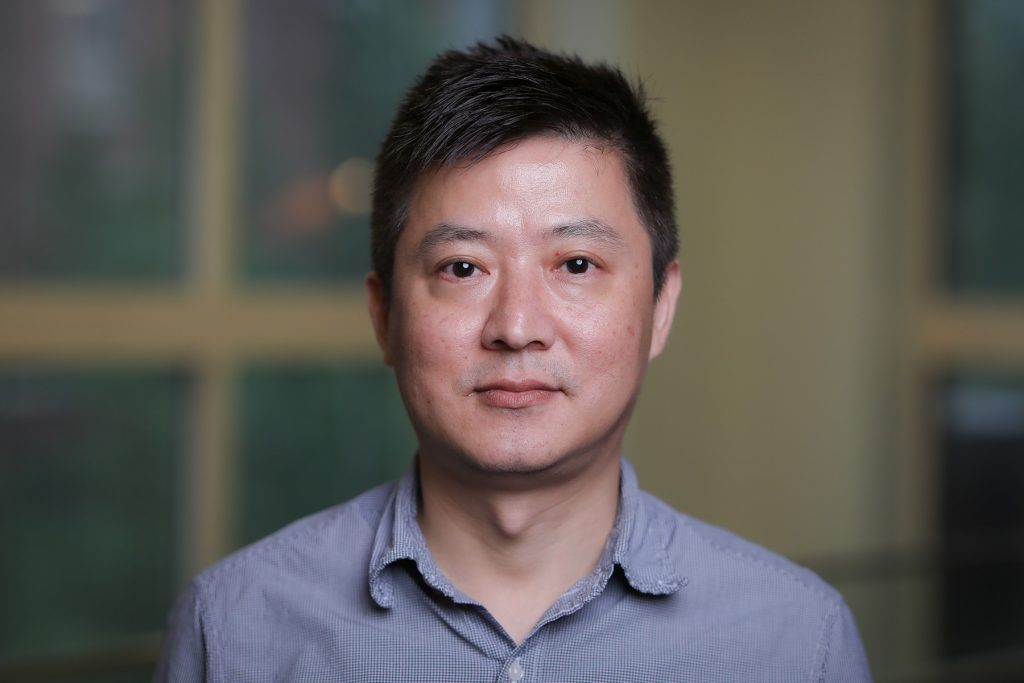The science of energy balance: FSU neuroscientist finds cluster of dopamine neurons drives eating behaviors

A study by Florida State University researchers has revealed new insights into the role our brains play in why we vigorously seek food when we are hungry, knowledge that may enhance understanding of obesity and eating disorders and improve treatments for more than 3.5 billion people worldwide living with these conditions.
Led by Assistant Professor of Psychology and Neuroscience Xiaobing Zhang, the research team found specific neural circuits in the brain that control both hunger-driven, or homeostatic, and non-hunger motivated, or hedonic, food seeking behaviors.
